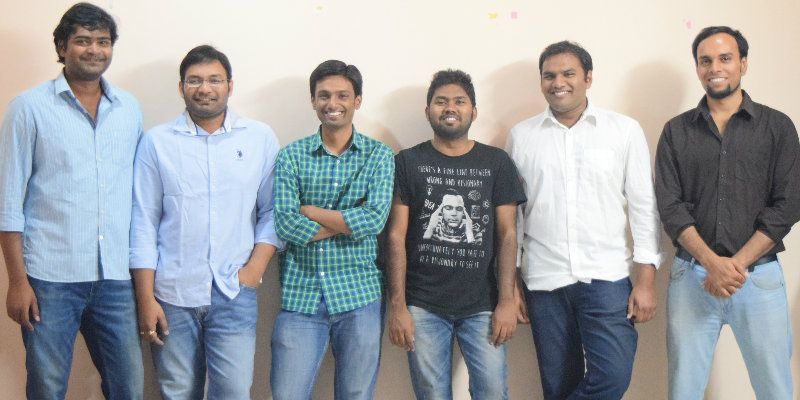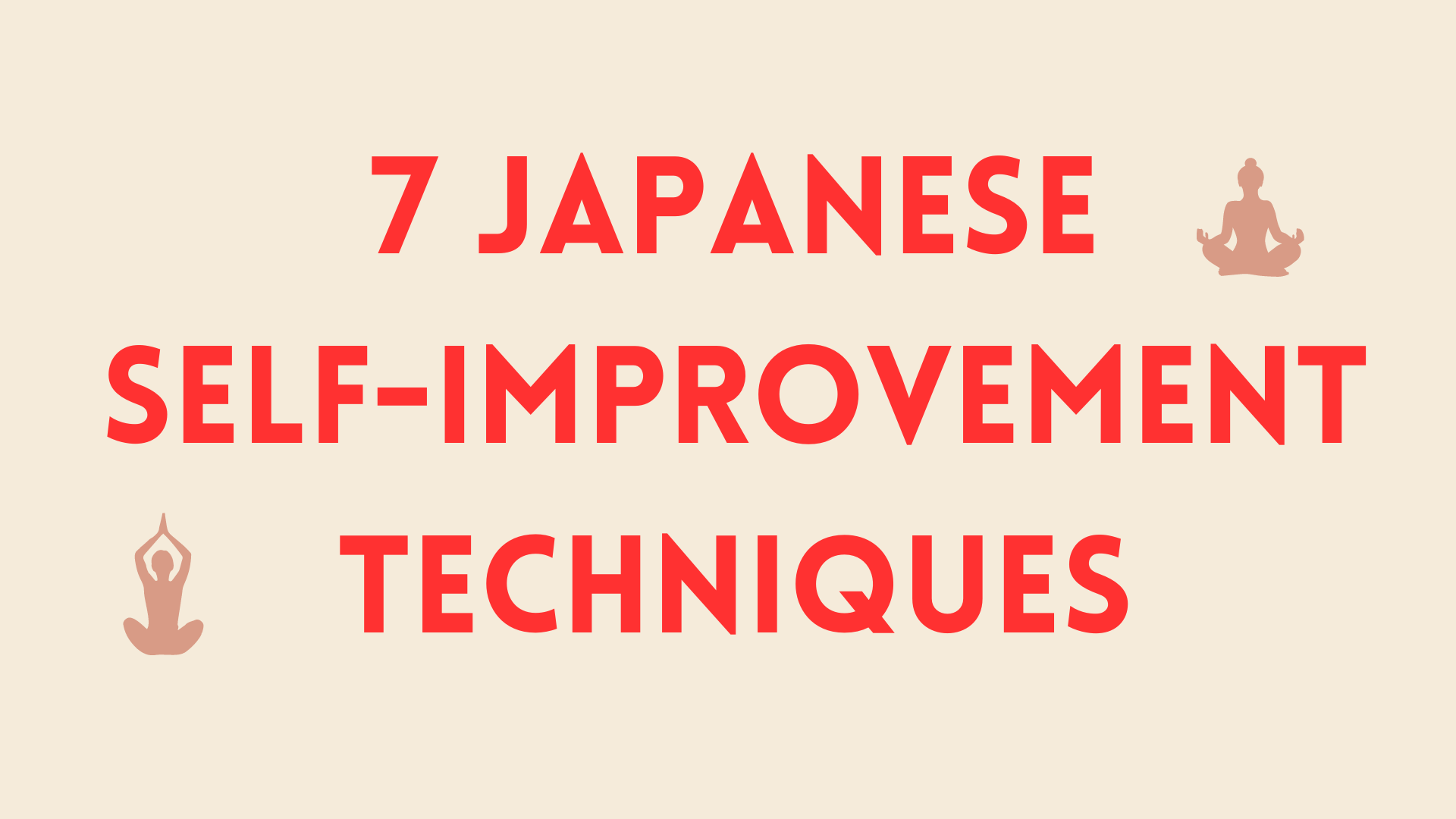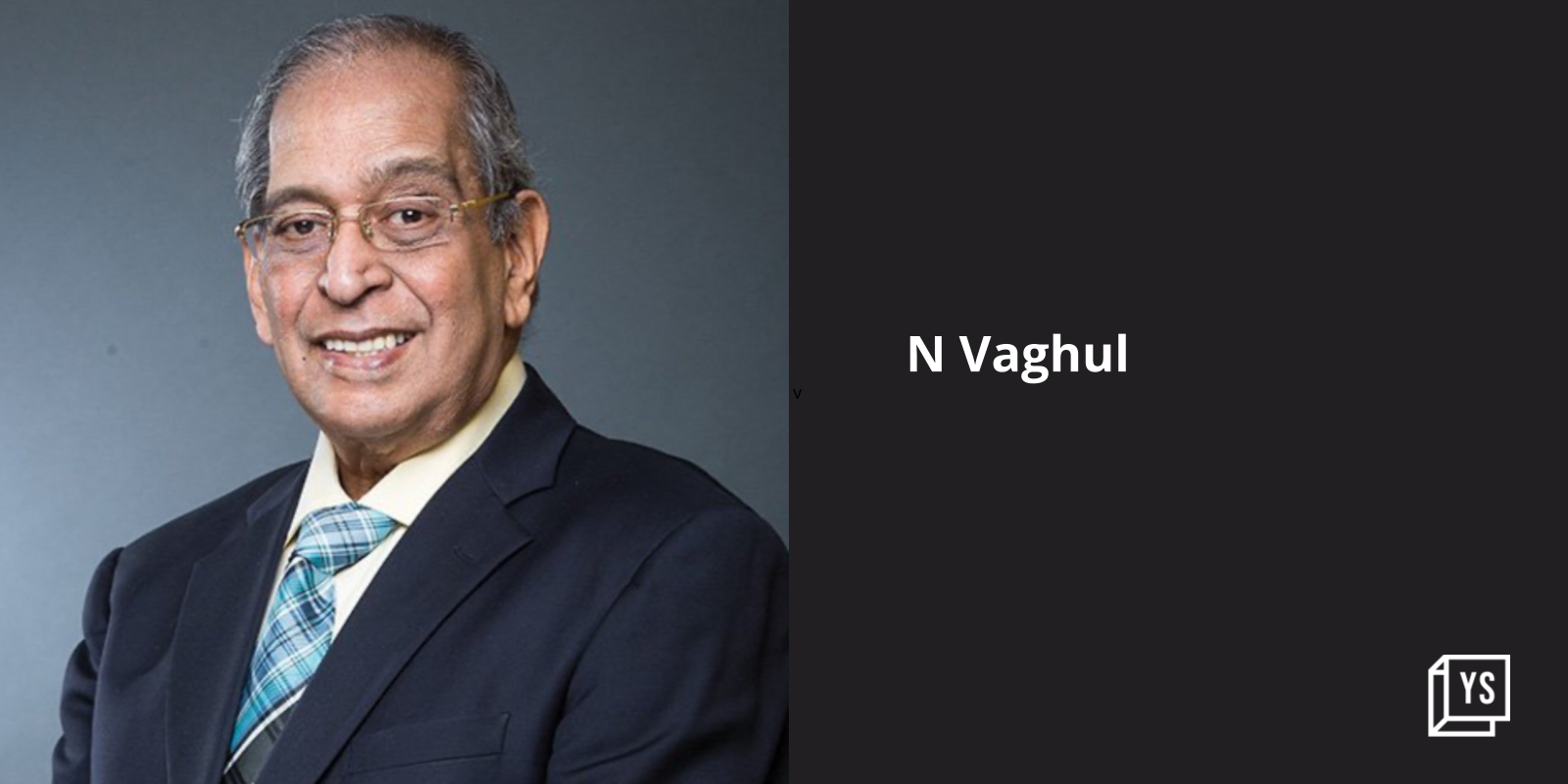Hyderabad-based Tummykart takes the full-stack approach to Foodtech, achieves break-even in 6 months
The idea for Tummykart originated in late 2014, when IIM-Calcutta alumni Venu Madhav Routu and Vishwajit Gaikwad were in the midst of all the hustle and bustle of corporate life in Gurgaon. Working at odd hours and travelling all across the country had become the norm. Despite the plethora of options for food, the common issue that the duo faced was the lack of affordable and healthy cooked food. They then started analysing the market. Meanwhile, a good friend of Venu's, Srikanth, was serving snacks and beverages via outlets in corporate parks in Hyderabad.
Venu and Srikanth are from Hyderabad while Vishwajit has worked in Hyderabad for two years. The trio, therefore, launched Tummykart in August 2015 there. Tummykart delivers healthy combo meals from 11 am to 2 am, from a centralised kitchen, with meal rates starting from Rs 50. The startup takes care of the whole customer experience, starting from the preparation of the food by their in-house chef, to the order delivery.

Based out of Madhapur near Hitech City, Tummykart serves within an 8-km radius of its kitchen, covering the major office areas of Cyberabad, namely Madhapu, Gachibowli, Kondapur, JNTU, Kothaguda, Jubilee Hills, Banjara Hills. It receives 450 orders (200 meals for individuals and 250 for corporate entities) a day, with an average order size of Rs 300.
Venu (27), an IIM Calcutta and IIT Kharagpur alumnus has gained experience in procurement, operations and strategy by working at Cairn India and L&T. Vishwajit (28), an alumnus of IIM Calcutta and BITS Pilani worked with The Times Group and GlobalData in sales and marketing. Srikanth (26) is a Manipal alumnus who has worked with Accenture in B2B sales and operations. The other team members include Shiva Mupparapu, Nyruth Dodla and Sriharsha Vemulapalli. An alumnus of Jawaharlal Nehru Technological University, Hyderabad, Shiva is the head operations of Tummykart. Nyruth looks after the procurement and technology and he is an alumnus of Manipal University. Sriharsha takes care of the business development and strategic initiatives and he is an alumnus of Jaypee University.
Seed stage
Tummykart was started with an initial investment of Rs 30 lakh (pooled in by the founders), which was largely utilised in setting up the hub kitchen, congregating the team of experienced chefs, delivery boys and technology. Currently, the startup works on two models: on-demand delivery of food and an enterprise model for corporates, wherein they tie up with corporates.
At present, Tummykart has a total number of 45 employees, including eight chefs.
Vishwajit says,
We have an inventory manager who keeps track of the usage of supplies for cooking and the inventory levels. We use data analytics on our orders to identify the fast-moving items and schedule the inventory stocking accordingly. Every item on the menu has been analysed to identify the amount of ingredients required. All of this provides us a good estimate of the buying requirements. We have cracked deals with multiple suppliers for every ingredient. This helps us get the lowest prices and reliability in supplies.”
Self-sustaining model
Tummykart has experienced a revenue growth of 50 per cent month on month so far. From its overall operations, it manages to gain 30 percent revenue. Nighty percent of the order has been delivered by its in-house 20 delivery boys and for the rest 10 per cent, it has tied up with Opinio and Roadrunner.
For on-demand delivery of food, Tummykart has been listed on Foodpanda, Swiggy and Zomato. And it has officially tied up with Ola Café and Faasos in major areas of Hyderabad.
Vishwajit says,
Considering the complexities of our operations due to the various business models, we are currently developing our back-end systems to integrate all the processes starting from inventory, order taking, order priority, order processing to order delivery. Some of these processes are being done manually but will soon be automated to reduce errors and better achieve standardisation and efficiencies.”
By the end of 2016, Tummykart targets to serve 2,000 corporate meals and 1,500 individual meals per day to have a revenue of Rs 8 crore. To fuel the offline presence, the startup will soon set up pick-up outlets and kiosks in strategic locations.
Market and competition
The food tech industry went one step ahead from only food delivery to home-cooked and chef-cooked food delivery. And this trend is currently hitting the India market, with a plethora of startups endeavouring to satisfy the craving for homemade food. Holachef, Innerchef, Rocketchefs, Zupermeal, Kitchen’s food, Cyberchef are some of the startups in the tug-of-war to stay ahead of the competition.
Mumbai-based food technology startup Holachef has secured Rs 20 crore in a Series-A round of funding from Kalaari Capital and India Quotient. Gurgaon-based Innerchef has raised Rs 11 crore in pre-Series A round. Mumbai-based ZuperMeal raised $2 million from chef Sanjeev Kapoor and others.
However, raising funds will not always work as a growth catalyst. Despite having the backing of investors, Dazo and Spoonjoy shut down operations in October 2015; TinyOwl shut down offices in four cities and laid off 300 employees in mid-October last year to cut costs.
The food tech industry as a whole has witnessed a series of ups and downs in 2015, starting from dip in funding and employee layoff, with some startups even shutting down operations. The industry has scooped up a total fund of $74 million in April 2015 alone and it had dipped to $19 million in August 2015.
YourStory take
Hyderabad-based Tummykart has kept the starting price of its meal comparatively low, at Rs 50. The startup works both with B2B and B2C clients, which gives it a certain leverage over other foodtech startups that cater only to B2C.
The startup is already in talks with a few investors to raise funds, in a bid to expand presence beyond Hyderabad to other cities like Pune, Chennai and Bengaluru. With funding, most Foodtech startups move away from focusing on unit economics in a rush to 'grow aggressively'. It will be interesting to see how Tummykart goes about building a long-term sustainable business model after it raises funding and looks to expand its footprint.
Apart from funding, Tummykart is also in the process of developing a customisable website and application for both Android and iOS to enable meal subscription.











